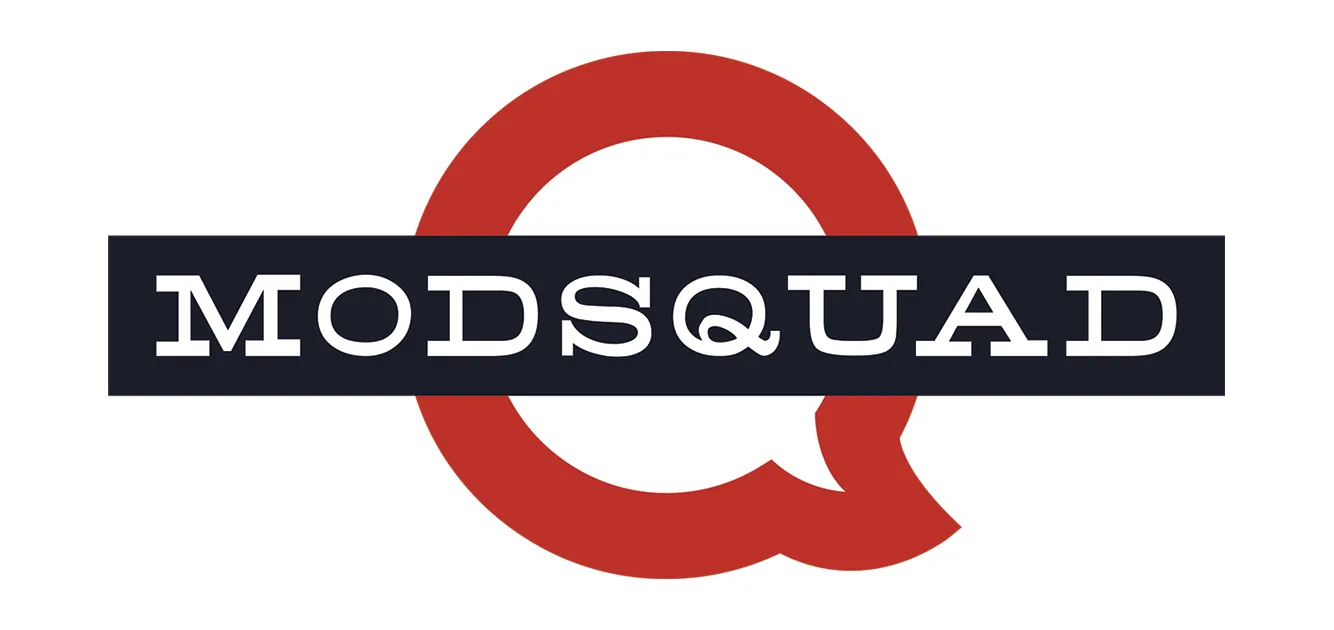
Be A Phone Hero
In the many support jobs in my career I found that taking the jump from written support to live phone support can be a slap in the face. No longer can you take the endless amount of time to work the ticket and make sure what you respond with is correct. Now you have to do all of it on the fly with the customer on the other side of the line hanging on everything you do or do not say.
This can be a bit scary to a lot of newer agents who haven’t had this experience before. But it doesn’t have to be a painful one if you prepare yourself with a few steps regarding how to handle a call. I asked some veterans of the field in how they go about handling phone calls once you get past the initial meet and greet part of the call, compared it to my own experiences, and here are the 3 most important parts of the call that you can work on mastering to become a phone hero.
Active Listening
 The first and most important step to any call you take. Customers are going to want to throw a lot of information at you all at once. And then the kitchens sink for good measure. Your job is to listen to what they are saying and pick out the important parts, filing it away on paper or in your head until you’ve got a clear picture of the problem. This is the make or break part of the call and getting this right will make your job a whole lot easier.
The first and most important step to any call you take. Customers are going to want to throw a lot of information at you all at once. And then the kitchens sink for good measure. Your job is to listen to what they are saying and pick out the important parts, filing it away on paper or in your head until you’ve got a clear picture of the problem. This is the make or break part of the call and getting this right will make your job a whole lot easier.
Confidence

Where you go next on the call will differ, but how you go about doing it never does. You have to instill confidence in the person on the other end of the call. While you’re talking to them they need to be 100% sure you have the solution to their bad day. Now here is the trick… even if you don’t, you have to sound and act like you do have that solution. If a customer picks up on any lack of confidence in your own abilities or feel in any way you’re not going to solve their issue and be their phone hero, then you’ve lost them.
Call Control

You want to control your phone call from start to finish. That’s right, this is your phone call and you are the tour guide taking them from stop to stop with little interruptions for both of your benefits. This doesn’t have to be done forcefully in any shape. How you word and deliver your questions along with gently nudging progression of the call along with questions like “How did that turn out when you do this?” will give you the ability to steer the call where it needs to go. Having a list of handy questions that you can modify for the situation, along with a little bit of organization of your reference material for ease of access can really help you with this portion of the call.
Master these 3 steps while combining your product knowledge and expertise and you’ve just become that person’s personal phone hero, turning their bad situation into a great one.
Stephen Briggs

